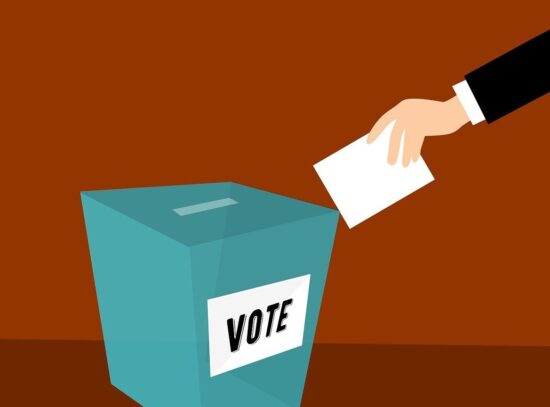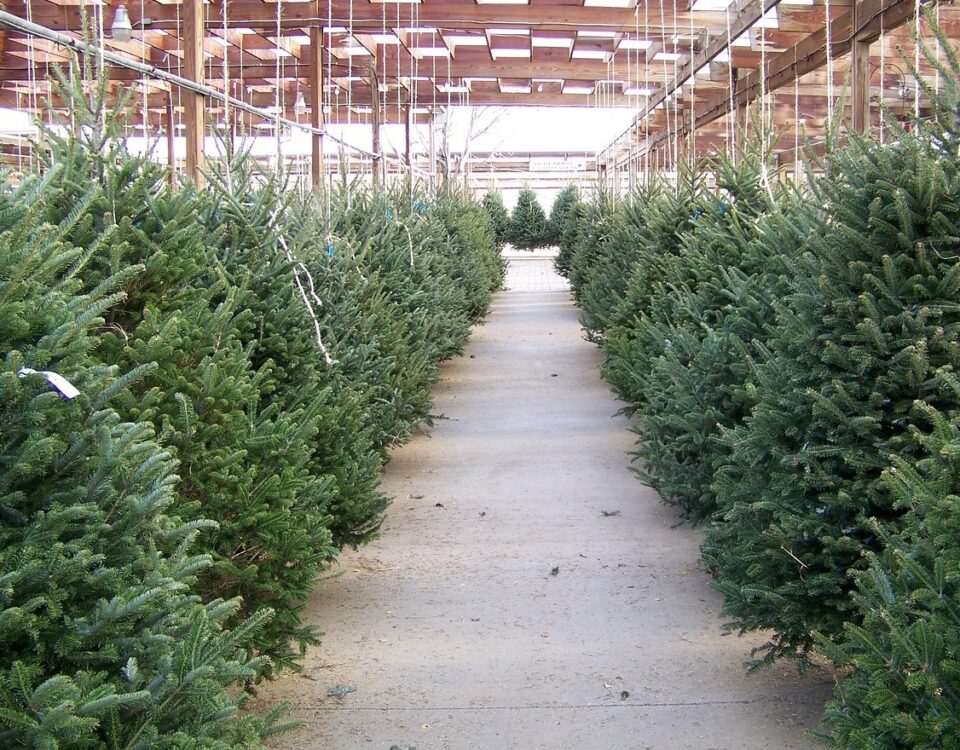
By Alex Gonzalez, reporter/producer, Nevada News Service, a bureau of Public News Service.
A University of Nevada-Las Vegas law professor said the conservative majority on the U.S. Supreme Court has issued major decisions that have dramatically changed the country’s legal landscape.
Roe v. Wade
David Orentlicher said the court’s decision to overturn Roe v. Wade and its constitutional right to an abortion two years ago was a pivotal moment in history. Former President Donald Trump has taken credit for placing three conservative justices on the court, which helped delegate the issue of abortion to states.
Orentlicher noted it is unknown how many appointments a president may be dealt, which can be unsettling.
“It is unpredictable which is a reason why one common reform proposal is to say, instead of having justices serve for life, have them serve 18 years and every two years,” Orentlicher outlined. “One justice’s term will expire so we’ll know that every president will get two appointments.”
He pointed out that, looking at today’s voters’ political ideals, the court should ideally reflect a closer 50-50 split. While some have made the case for Supreme Court reform initiatives to bring more balance, the initiatives have not advanced. Republicans in Congress argued the changes would jeopardize the separation of powers between Congress and the Court.
Stand Up America survey
Sarah Harris, deputy communications director for Stand Up America, said the winner of the November election could reshape legal precedent in the U.S. for generations. Her group conducted a survey and reported nearly 75% of voters said the selection and confirmation of future justices will be important when deciding who to support in the upcoming races. Also, by a 17-point margin, 53%-36%, voters favor Congress taking action to reform the Supreme Court and the way it operates.
“It’s important to think about generations after us, because many of the people who could potentially be put on the bench will be on there for 50 to 60 years, potentially,” Harris emphasized. “Justices continue to be appointed younger and younger.”
Harris added four of the current justices on the bench will be in their 70s in 2025 when the next president takes office. The next president could have the opportunity to potentially put two to three new justices on the bench.


